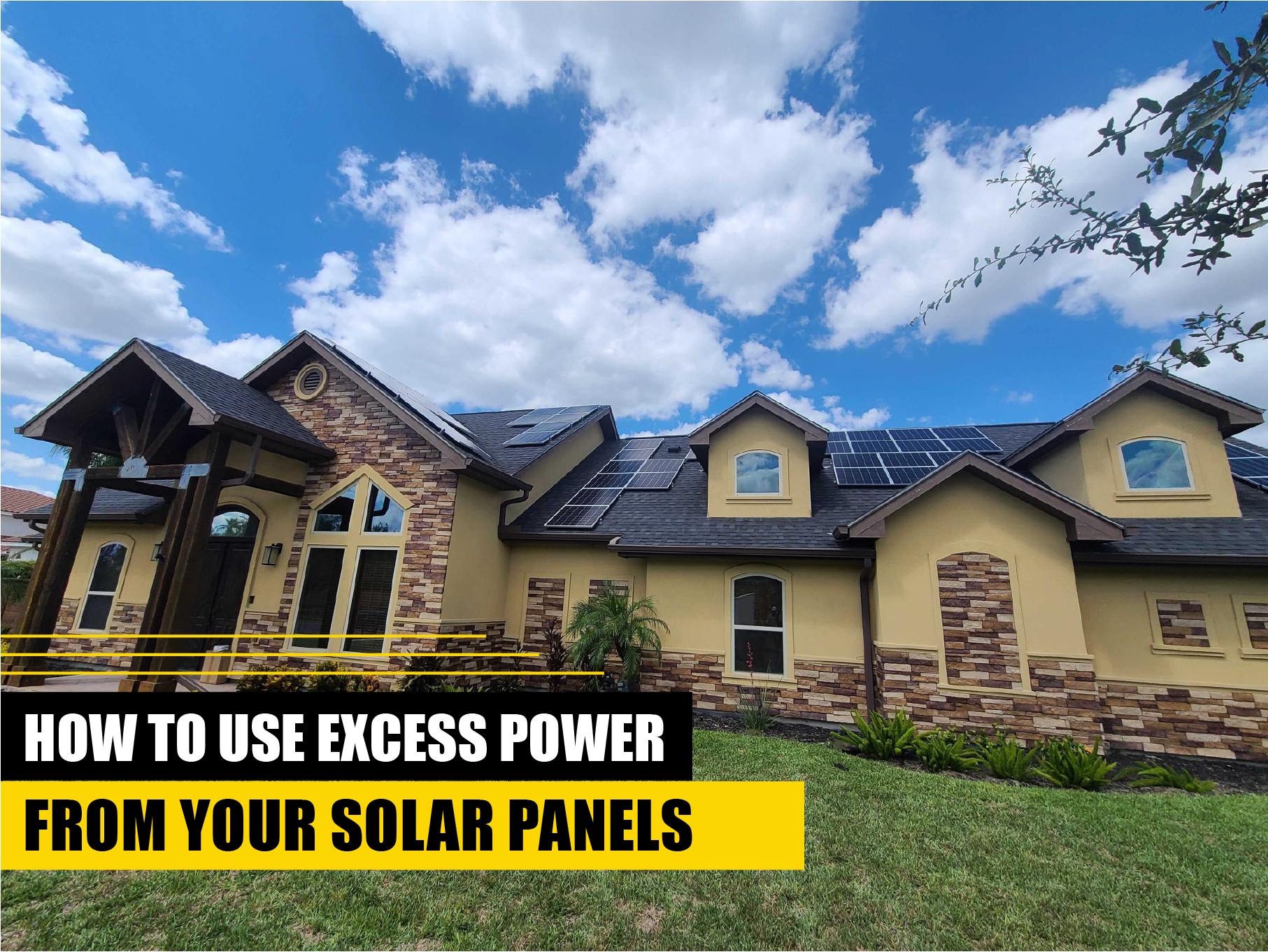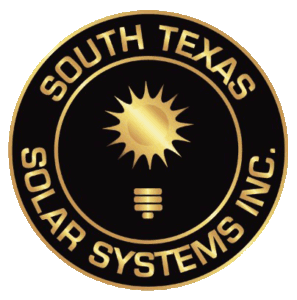
Over the past few years, renewable and clean energy demand has seen significant growth. And predictions are that this trend won’t be stopping any time soon. One of the best ways people have found to contribute to this is by installing solar panels on their roofs.
Some people have made this switch to live a more eco-friendly lifestyle. Others have made this choice to be more independent. Solar panels in Texas have even allowed people to live off the grid while staying in urban areas. But all of this creates a whole new conundrum. How will you use any excess power from your solar panels without wasting it?
Connecting to a solar power grid will help
One of the best ways to use any extra energy your solar panels produce is by connecting to the local solar power grid. This is because you will be able to send any extra power back to the electric grid. What this allows you to do is “store” that excess power until you need it and then subsequently draw it back from the utility grid during overcast days or seasons without much sun. The name of this process is “net metering”. A common misconception we want to address right away is that net metering doesn’t allow you to sell your extra power for cash. It’s simply a way of storing your power for a while and reducing your utility bills long-term. Let’s break this process down into two parts.
Sunny periods
During the sunny summer months, your solar panels are likely to produce way more power than your home needs at the moment. This is especially true for people who live in states with very sunny summers, such as Texas. Whenever the meter “notices” that extra power is being generated, it automatically sends all of it to the grid. Your utility company will calculate a certain amount of credits at the end of the month. This calculation is based on the net kilowatt-hours you supplied to the great during the month.
Overcast periods
Once the overcast weather season comes around, your solar panels will have difficulty providing sufficient power to your entire home. Since your panels will produce less electricity than you need, you’ll have to draw power from the grid and buy electricity from your utility company. Instead of paying full price for the extra power provided by the utility company, you’ll be able to use the credits you got during the summer. This means a certain amount of money will be taken off your total electricity bill.
Planning ahead
It’s interesting to consider how the development of the renewable energy grid has affected other industries. For example, it has been impacting residential moving trends. More people have been choosing sunnier areas with a well-developed renewable energy grid like most of the cities in Texas. Suppose you want to be ahead of the curve and currently live in a less developed area. In that case, you may want to consider hiring a real estate agent and looking into what long-distance moving companies have to offer you. This way, you can reach out to professionals as soon as possible while already knowing what you want.
You could adopt certain solar power storage solutions
A great alternative to storing all excess solar panel power in the grid is storing it in a solar battery backup system. Not only does this prevent wasting solar energy, but it also allows you to be energy efficient even during cloudy periods. These battery systems can be used both if your panel system is off-grid and grid-tied. Let’s discuss both of these options in greater detail so that you can gain a better understanding of what your options are.
Grid-tied battery backups
The first scenario we will look at is when your home’s solar power system is connected to the grid. You can use a hybrid backup battery. This will allow you to power your appliances at night, reduce your reliance on the utility company’s power, prepare for outages, etc. This kind of system uses a special inverter meant to alternate between powering your home, sending electricity to the grid, and storing energy in your backup battery.
Off-grid battery backups
In most cases, connecting to the grid is very useful. First of all, it allows you to take advantage of net metering. However, there are instances where connecting isn’t possible or simply unwanted. Suppose you live in a remote location or simply want to be energetically independent. In that case, using excess power from your solar panels will look a bit different.
If your solar power system is not connected to the grid, you’ll need to store excess power in much stronger batteries. Using these is also imperative in off-grid homes because if you don’t, you’ll be spending nights and overcast days without electricity. If you’re unsure how many batteries you need and how many of them, your best option is to consult a solar energy expert who can give you an accurate estimate.
Suggest developing community solar
Community solar allows multiple households, and sometimes even entire neighborhoods, to share the total amount of solar electricity generated by the whole community. This could mean connecting all of the personal solar panels into one network. Or it could mean the community investing in a single large-scale solar installation. This provides the entire community with several benefits:
- It makes solar energy more accessible and affordable.
- It promotes community engagement.
- It promotes environmental awareness on a larger scale.
Of course, a community project like this will be costly. So it may take a lot of time and effort to get everyone on board and get it done. Additionally, some community members might be opposed to the idea. If you plan on moving to a sustainable community rather than turning your current community into one, experts from Spyder Moving recommend hiring movers to handle the process. Since people in communities like this are much more tight-knit, having the extra time to get to know everyone and become part of the social network will be invaluable.
Be mindful and utilize load shifting
Utilizing load shifting in your routine is a great way to prevent the accumulation of excess power from your solar panels. Instead of using all of your appliances at night (ex. letting the washer and dryer work during the night), you should use them during the day while your panels generate all of that extra energy. This way, they use all the power that would otherwise be wasted.
The benefits of having roof solar panels in Texas
If you’re considering installing solar panels in Texas, this might seem like a lot of extra work. However, it’s important to remember that there are more benefits to getting solar panels than being eco-friendly and reducing bills. Homes with rooftop solar panels will be more desirable in the coming years. This means that installing a system on your roof will probably significantly increase the value of your home.
Excess power from your solar panels doesn’t have to pose a problem
Solar energy is beneficial to people and the planet, and it will keep developing as time passes. Predictions are that, eventually, using it will be inescapable. This is especially true if you live in Texas since solar energy will become a massive part of daily life here. In a few years, a Texan simply won’t be able to afford not to go solar. This is why learning how to use excess power from your solar panels now is so important – it prepares you for an imminent future.
